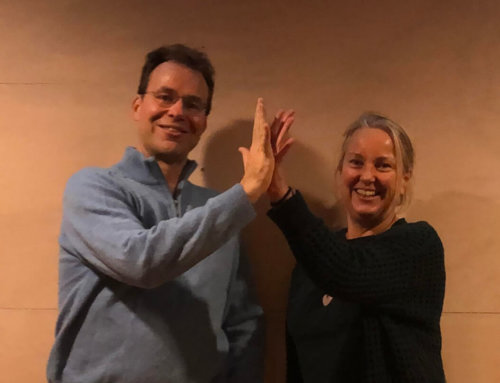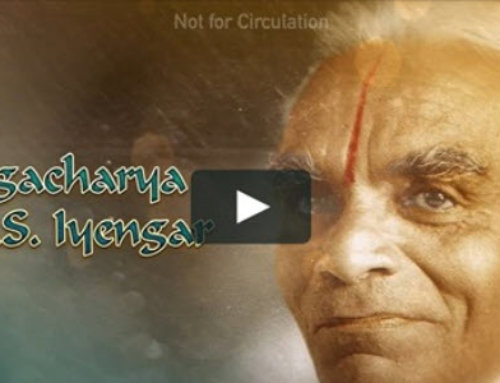Knowledge of past and future lives unfolds when one is free from greed for possessions
Waking up one morning in Rishikesh, India to the news that the local government is taking out the two highest currency bills out of the system, the 500 and 1000 INR (Indian Rupees). With no prior announcement, as of this day, there is no use of these bills. The old bills could be exchanged in the bank within the following two months, new bills can be withdrawn from ATM’s, but for the immediate coming weeks there will be a withdrawal limit of 2000 INR per day (= less than EUR 30).
Life in India is cheaper than Europe, the average costs per day here in Rishikesh (for a foreigner) can vary between 600-2000 Rupees, including a modest room, meals and essentials. So even if you are living the most modest life, it means going to the ATM every 2-3 days.
The reason for this act is to stop fraud, money laundering etc. In this way, if one had saved at home ‘black’ money, there would be no way to exchange and no one will accept it.
One can imagine the long lines at the banks and ATM’s since that morning. Hours of standing waiting in line, many times leaving with empty wallets as there is limited amount of bills available, banks are closing, ATM’s are empty. Try again tomorrow. For more than a week now, still no change, people trying their luck every day to get some money to be able to pay there daily living.
Inevitably one will not spend money on unnecessary products and services while spending so much energy on acquiring enough money to survive, hence, a practice of Aparigraha.
Aparigraha – the fifth of the Yamas of Patanjali’s yoga sutras (II,39)
aparigrahasthairye janmakathamta sambodhah
the translation/interpretation of the sutra by BKS Iyengar:
‘Knowledge of past and future lives unfolds when one is free from greed for possessions’
Aparigraha is defined as without possessions, without belongings, non-acceptance of gifts.
We are so used in our modern life to buy more, to eat more, to accumulate things that many times after we get them they remain somewhere in our closets and stay there with no use.
Why is that? Because we can, because it’s cheap, accessible, and many times because the manufactures tells us that we need it. Need- do we really ‘need’ it? Or do we ‘want’ it? Do we really ‘want’ it? Or are we told that we ‘want’/’need’ it. A very well known marketing strategy is to make the consumer think that by buying/using their product or service, it will give an answer or solution to a problem. But does it really….?
Many visitors of India now, if they are following the path of yoga or not are all practicing Aparigraha, and learning some valuable lessons. Interesting times.
– Tally Eldor






